People who are fully vaccinated against Covid-19 may safely gather with small groups from other households without wearing masks or physical distancing, even if those people have not yet had their shots, the Centers for Disease Control and Prevention said Monday.
This is the first federal public health guidance aimed at resuming some kind of normal activity for people who have received both doses of the Pfizer or the Moderna shots, or one shot of the single-dose vaccine from Johnson & Johnson. A person is considered fully vaccinated two weeks after the final dose, giving the body time to build antibodies against the virus.
Full coverage of the coronavirus outbreak
“As more Americans are vaccinated, a growing body of evidence now tells us that there are some activities fully vaccinated people can do,” CDC director Dr. Rochelle Walensky said during a White House Covid-19 briefing Monday.
The latest science, Walensky said, suggests that fully vaccinated people can congregate indoors with other fully vaccinated people, without wearing face coverings or practicing physical distancing, the agency said. What’s more, fully vaccinated people may gather with a small group, such as another household, even if that household has not been vaccinated.
“For example,” the CDC wrote in a statement, “fully vaccinated grandparents can visit indoors with their unvaccinated healthy daughter and her healthy children without wearing masks or physical distancing, provided none of the unvaccinated family members are at risk of severe COVID-19.” Those at high risk include people over age 65, or those with underlying health problems such as heart disease or cancer.
For everyone else, “this is very welcome guidance,” said Dr. Richard Besser, president of the Robert Wood Johnson Foundation and a former acting director of the CDC. “This opens the door for grandparents to meet with their children and grandchildren without masks, indoors, for a nice group hug.”
The new guidelines do not, however, suggest that fully vaccinated people can go back to life as it was in 2019.
In public or around others who are vulnerable to Covid-19 complications, mitigation measures should remain status quo, the CDC said. Keep up with hand washing. Wear masks in public places, and continue to adhere to physical distancing guidelines. Avoid crowded areas. Seek out Covid-19 testing if symptoms develop.
What’s more, vaccination does not mean people can move freely about the country. The CDC said people should continue to follow their local health department travel recommendations.
“I want to stress that we continue to have high levels of virus around the country, and more readily transmissible variants have now been confirmed in nearly every state,” Walensky said. “While we work to quickly vaccinate people more and more each day, we have to see this through.”
The guidelines were originally expected last week, but were delayed, the CDC said, to give the agency time to tweak language to make them clear for the general public.
According to the CDC’s vaccine tracker, more than 90 million doses have been administered. That breaks down to nearly 59 million people who have received at least one dose, and more than 30 million who have had two doses.
That means that just about 10 percent of the U.S. population is considered fully vaccinated. The Biden administration has promised enough vaccines for every American by the end of May.
Download the NBC News app for full coverage of the coronavirus outbreak
Three vaccines are currently in use across the country. Moderna and Pfizer-BioNTech’s vaccines require two doses each, three to four weeks apart.
The third vaccine, from Johnson & Johnson and its partner, Janssen Pharmaceuticals, requires one dose.
Safety and effectiveness of booster shots for Johnson & Johnson and Pfizer are currently in research.
Follow NBC HEALTH on Twitter & Facebook.

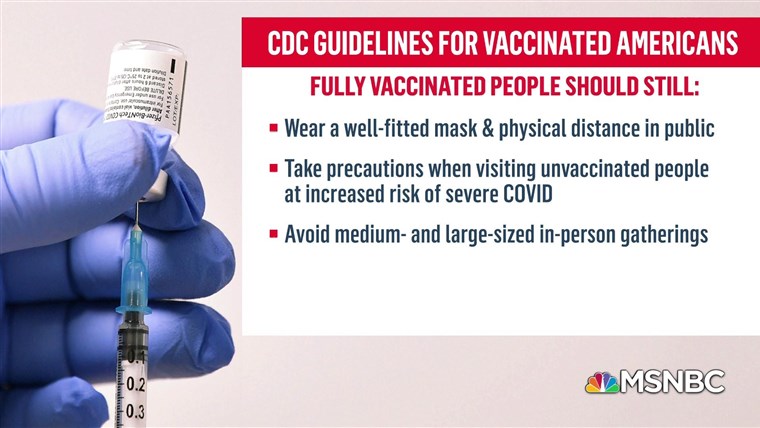

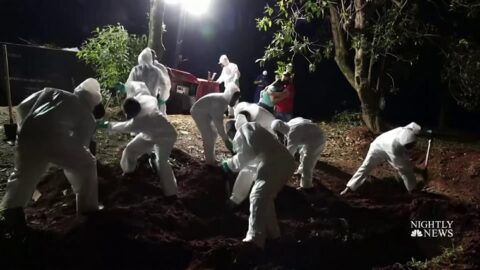

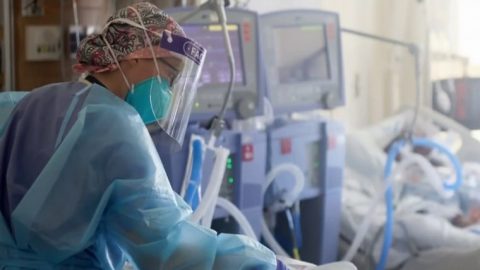
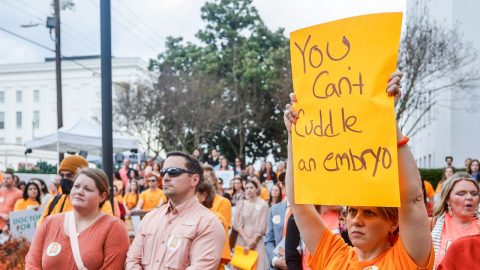

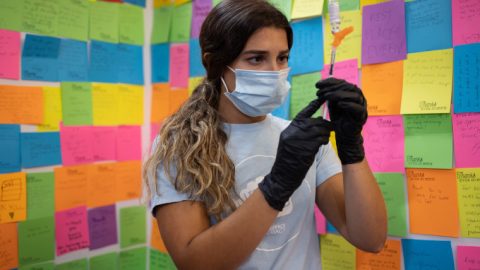
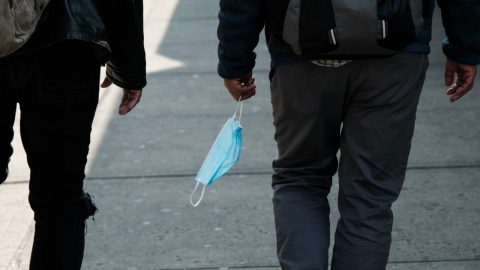
Recent Comments